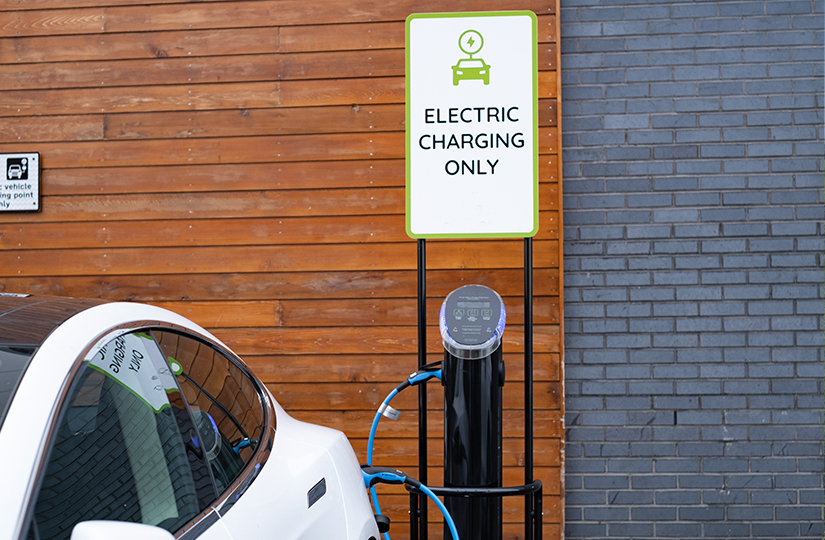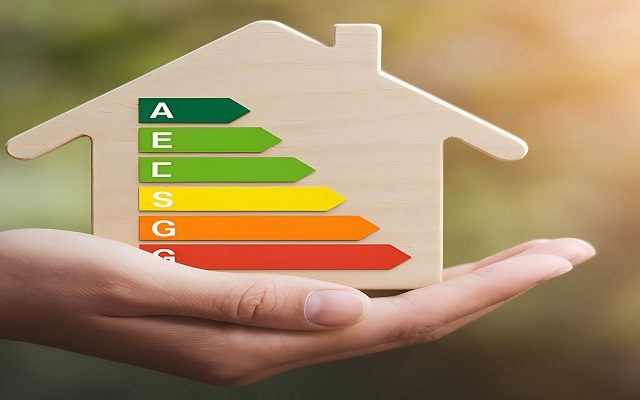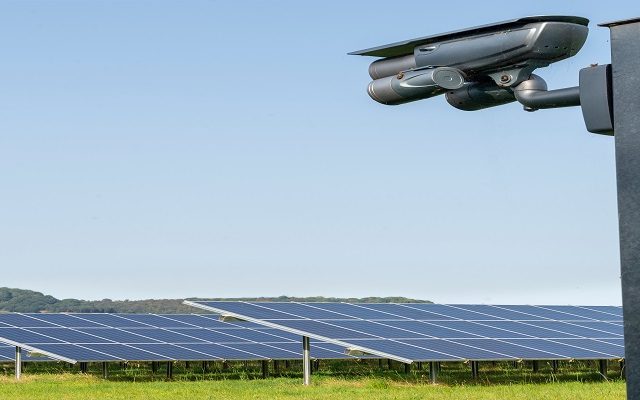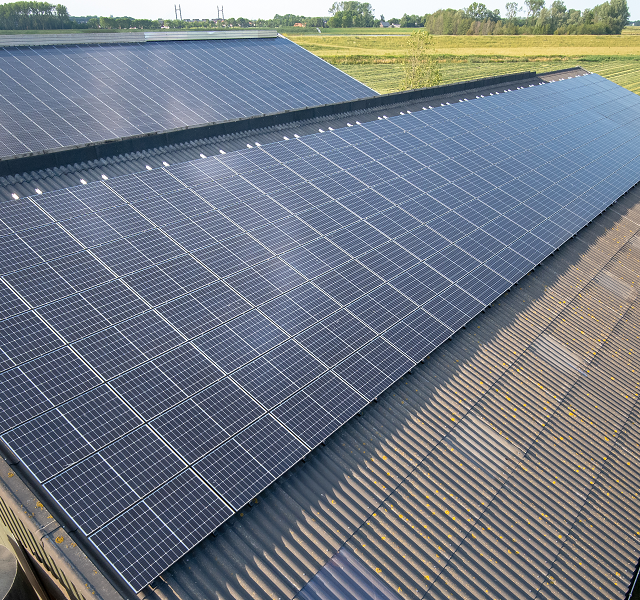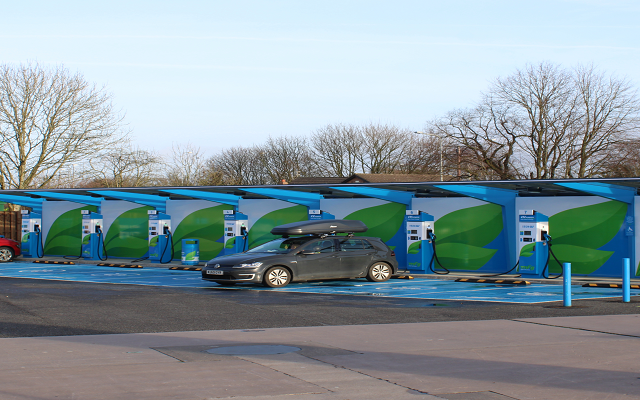Electric vehicle charging opportunities for rural estates
The Government published its Ten Point Plan for a Green Industrial Revolution in November 2020, which sets out the approach it will take to accelerate the UK’s path to net zero emissions. As part of this, the Prime Minister announced that the UK will end the sale of new petrol and diesel cars and vans by 2030, with all new cars and vans being 100% zero emissions by 2035.
These ambitious targets will lead to a sharp increase in the number of electric vehicles (EVs) on the UK’s roads. The uptake of EVs is already increasing year on year with nearly one in seven new cars sold in the UK in 2021 having a plug. This is an increase from one in 10 in 2020 and one in 30 in 2019 [1].
What is clear is that as more people switch to EVs, a new electrical infrastructure will be required. A recent survey of UK drivers, found that the availability of charging points was the biggest obstacle to purchasing an electric vehicle [2]. This may present opportunities to rural landowners through the provision of chargepoints or by leasing land to a charging station developer.
The Government has pledged £20m of funding for 2021/2022 to boost the number of on-street EV chargepoints in towns and cities. However, there also needs to be a significant increase in the number of points on motorways and main roads as well as in the countryside.
CHARGING STATIONS ON MAIN ROADS
Chargepoint operators have recognised the need for a sharp increase in the number of rapid charging points across the UK road network. This is leading to a ‘land grab’ in the industry with operators currently searching for sites for new charging stations on motorways and main A-roads throughout the country.
This presents an opportunity for landowners with land adjacent to main roads. Operators are looking for land next to existing service stations, as well as completely new and separate sites. Sites will vary in size but typically range from 350-500 sq ft and accommodate 4-12 chargers.
A site’s suitability for a charging station will depend on several factors including:
- The amount of traffic on the road (most charging stations operate on a high traffic/high volume basis)
- Access
- Grid capacity
Operators will enter into a long term lease agreement with the landowner, which should include a base rent and a profit share. However, before agreeing to anything, it is essential to seek professional advice. It is important to think about what is being offered and whether it is right for your individual business. If it is the right option, it is advisable to speak to several operators rather than to sign up with the first operator that contacts you as it is likely that there will be better offers out there.
It is advisable to get a consultant involved from the initial contact with an operator as we have experience of the market and of the sort of terms a company should be offering. We will be able to negotiate the best deal on your behalf and conduct the necessary due diligence on the companies involved.
CHARGEPOINTS ON RURAL ESTATES
With the demand for electric chargepoints increasing, rural landowners should consider how they can meet this demand and use it to their advantage. Whilst there is a drive from the government to increase the number of chargepoints in towns and cities, there remains a shortage in rural areas. Installing chargepoints on a rural estate provides an opportunity to generate a diversified income stream, as well as attracting people to the estate and the various businesses within it.
Houses, holiday cottages and commercial property
With more people driving plug-in hybrid and EVs, it is becoming more important to have the ability to charge a vehicle at home, at work and on holiday. We work with several estates who are installing electric chargers across the residential and commercial let property portfolios to help attract and retain tenants.
Carparks
Rural estates with visitor attractions and businesses such as pubs should consider the benefits of installing electric chargepoints in the carparks. A survey by Zap Map found that EV drivers actively select destinations based on whether they can charge [3]. Drivers can find chargepoints using mapping apps and so installing chargepoints at your visitor attraction/pub can make it more of a destination for EV drivers. Chargepoint hosts can set a fee for usage, thereby generating a new revenue stream.
On average, the cost of a commercial chargepoint is between £1,000 and £2,500 + VAT, depending on the charger model and the communications required. Installation charges including cabling and fixings will be on top of this.
HOW STRUTT & PARKER CAN HELP
Strutt & Parker is well placed to advise you on the options available in relation to electric vehicle charging and would be happy to discuss these with you.
[1] Department for Transport, Green motoring milestone with half-a-million ultra-low emission vehicles now on UK roads, 5 May 2021
[2] AX, Whitepaper: What will finally start the electric vehicle revolution? February 2021
[3] https://www.zap-map.com/zap-map-survey-reveals-workplace-ev-charging-gap/
